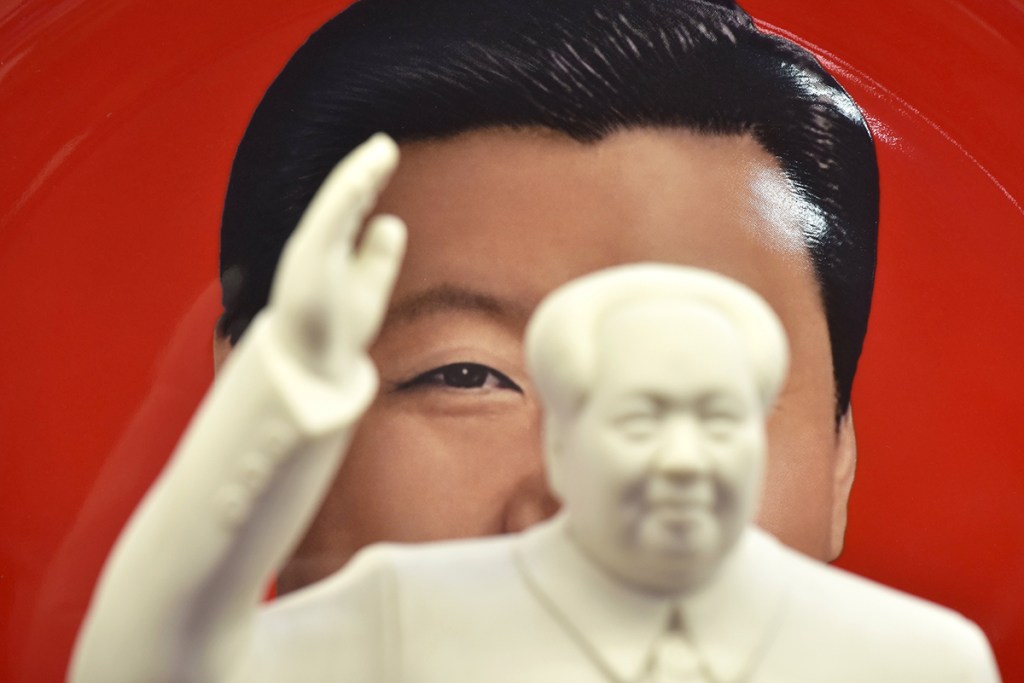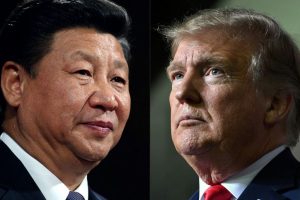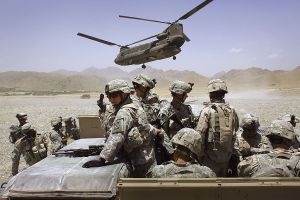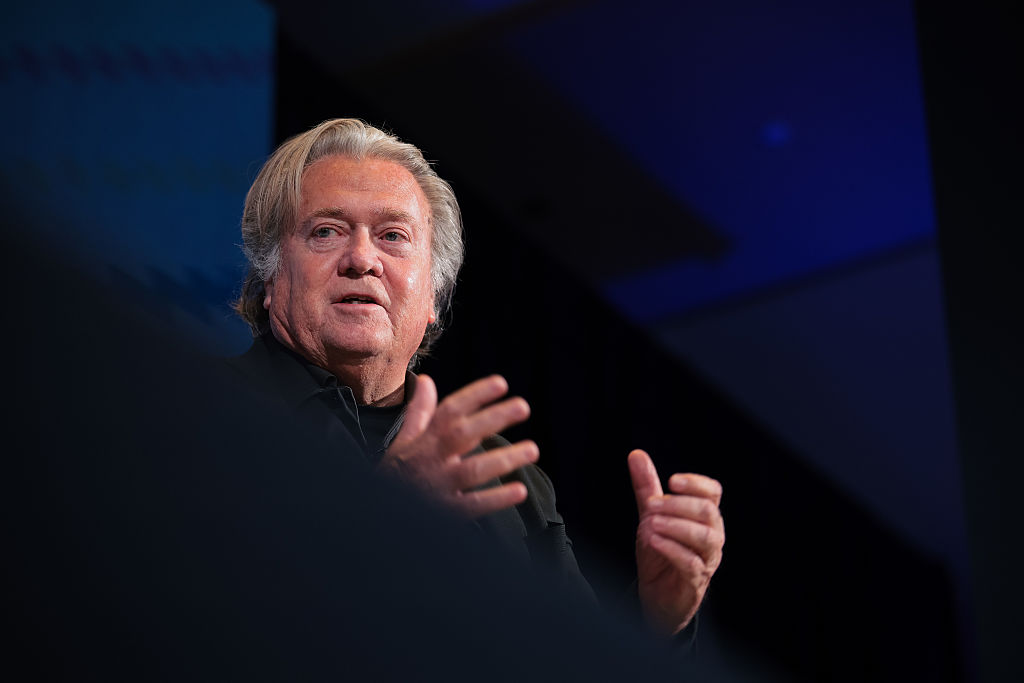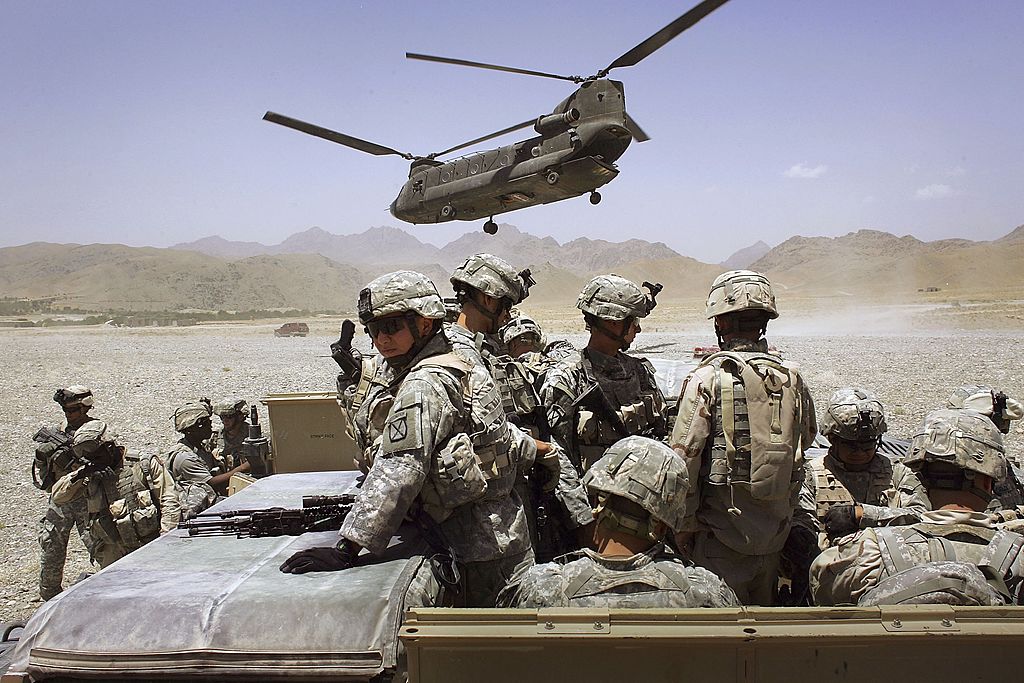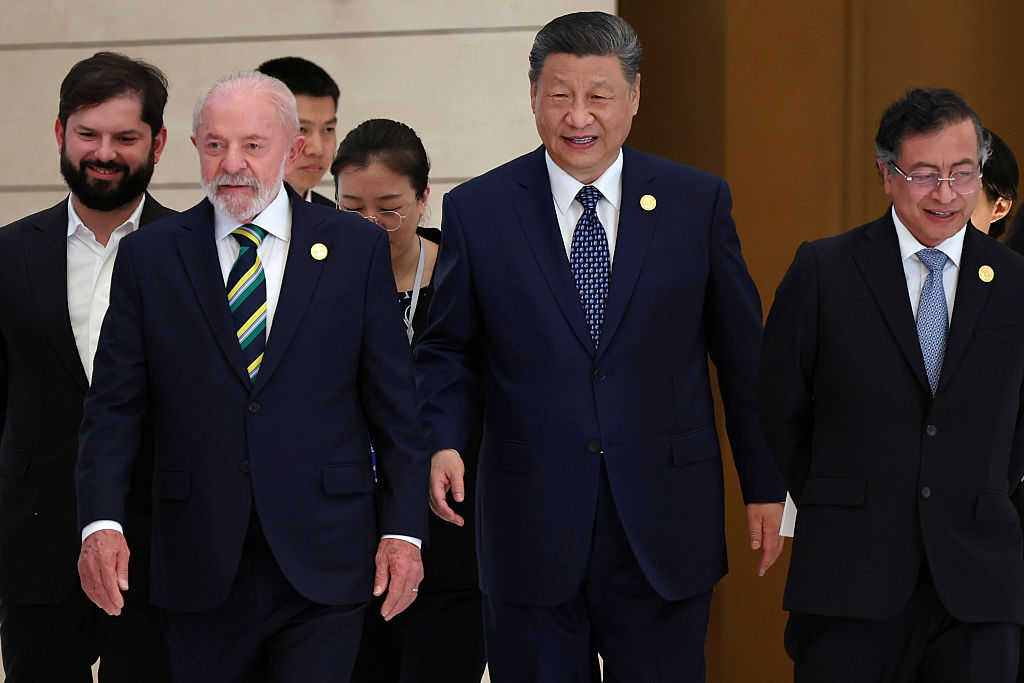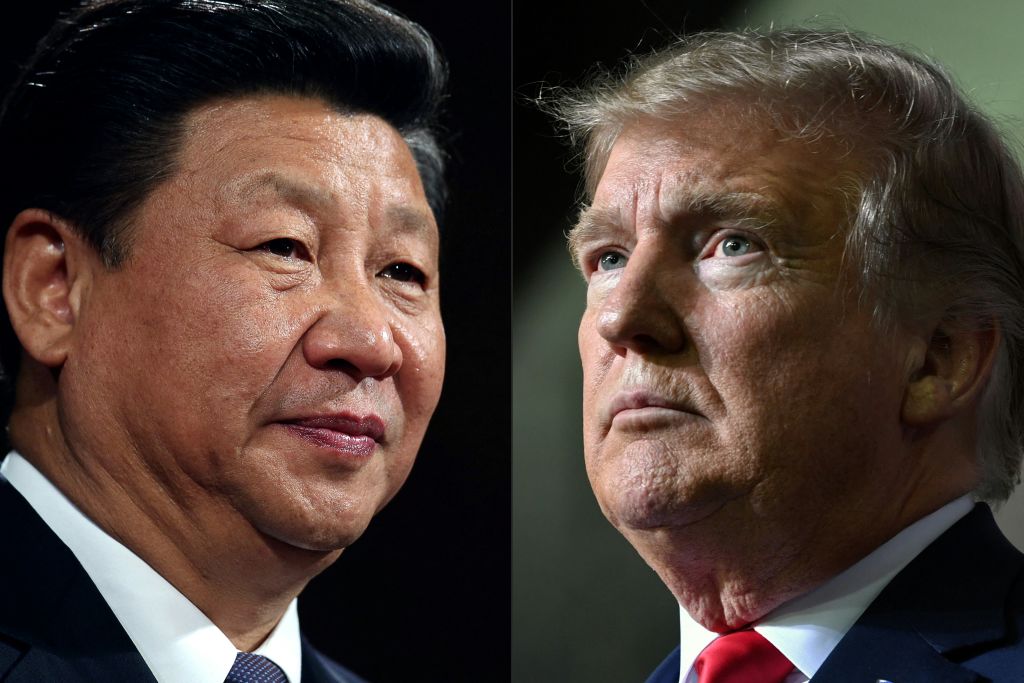Over the weekend, China sent waves of warplanes racing towards Taiwan in numbers not seen before, forcing the democratic self-ruled island to scramble fighters and ready its air defense missiles. The United States says it is ‘very concerned’ by Beijing’s ‘provocative’ actions and reiterated Washington’s ‘rock solid’ commitment to the island.
According to Taiwan’s defense ministry, 38 Chinese aircraft, including nuclear-capable bombers and J-16 fighter jets, entered its air defense identification zone on Friday, and another 39 did so again on Saturday — the largest incursion to date.
Some 16 more were sent on Sunday. The air defense zone is not Taiwanese air space as such but covers the sensitive approaches to the island where foreign aircraft are monitored and required to identify themselves.
In recent months these incursions have been growing in size and regularity, as have other drills simulating an invasion of the island, which Beijing claims as its own. At the same time, Communist party leader Xi Jinping has stepped up his rhetoric, claiming the US withdrawal from Afghanistan shows Washington cannot be relied upon as an ally. He has made the ‘recovery’ of Taiwan a key element of his ‘Chinese dream’ and the rejuvenation of the totalitarian nation.
The incursions are designed to test Taiwan’s defenses but also to intimidate. They are part of broader ‘gray zone’ tactics against the island, which has included stepped up disinformation campaigns, cyber attacks and attempts to deny Taipei any international space — such as blocking its efforts to join the World Health Assembly (the decision-making body of the WHO), where it could have shared its expertise on fighting COVID.
The latest sorties can also be seen as the Communist party’s way of marking National Day — the anniversary of 72 years of party rule fell on October 1. While there is always the danger of miscalculation and accident, the current pressure does not mean conflict is imminent.
Even after China’s massive military build-up of recent years — the largest ever seen in peacetime — an invasion of Taiwan would still be an extremely difficult and risky endeavor. The geography of the island is ideal for defense, with few good options for an invading force. By some estimates, it would require well over a million troops, a military build-up that would be impossible to disguise. And failure would certainly herald the end of Xi’s rule — possibly even that of the CCP.
In many ways, Xi’s saber-rattling can be seen as an empty show of frustration. Taiwan is slipping away from him. Repression in Hong Kong has destroyed the concept of ‘one country two systems’, which Beijing has also tried to foist on Taiwan. The throttling of the democracy movement in the former British colony has appalled Taiwan. It played a big role in the return to power on the island of President Tsai Ing-wen, of the more independence-minded Democratic Progressive party, who won a record number of votes at the 2020 presidential election.
The ‘one China policy’ is also now obsolete. Its long-standing assumption was that the two sides of the Taiwan Strait might at some point converge sufficiently enough politically to make possible some sort of accommodation. That was always a long shot. The Communist party’s claim over the island, like most of its ‘historic’ claims, is dubious to say the least. The two countries have been racing fast in opposite directions — Xi towards a grim totalitarianism in the form of a dystopian surveillance state, while Taiwan has become an open, tolerant and diverse democracy — arguably the most successful new democracy on the planet.
Most Taiwanese no longer identify with China as defined by the Communist party. They see themselves first and foremost as Taiwanese. Theirs is a civic nationalism, rightly proud of what their democracy has achieved and a world away from the strident ethnic variety as pumped out by Xi Jinping. Taiwan is a resilient place, it has to be in that neighborhood. Most Taiwanese now want nothing to do with Beijing politically.
Though it may seem obvious to say so, if the people of Taiwan are ever to enter into a deeper political relationship with China, they will need to be persuaded that it is worth their while — and they will then need to vote to change their constitution accordingly. The best way for Xi Jinping to achieve that is to make China seem an attractive place. Instead, he is generating revulsion — and wave after wave of warplanes, which seem guaranteed to drive Taiwan even further from his embrace.
This article was originally published on The Spectator’s UK website.



